DPIP-Fisip-Undip, Semarang — Language expert Prof. Antonia Sorienta, PhD, from the Department of Asia, Africa, and the Mediterranean at the University of Naples L’Orientale, Italy, delivered a studium generale on the theme of minority languages in Indonesia, covering documentation, description, and interdisciplinary studies. The lecture took place on Monday, February 12, 2024, in the Senate Room of FISIP Undip, Undip Campus, Tembalang, Semarang. This studium generale was initiated by the Department of Political and Government Studies at FISIP Undip.
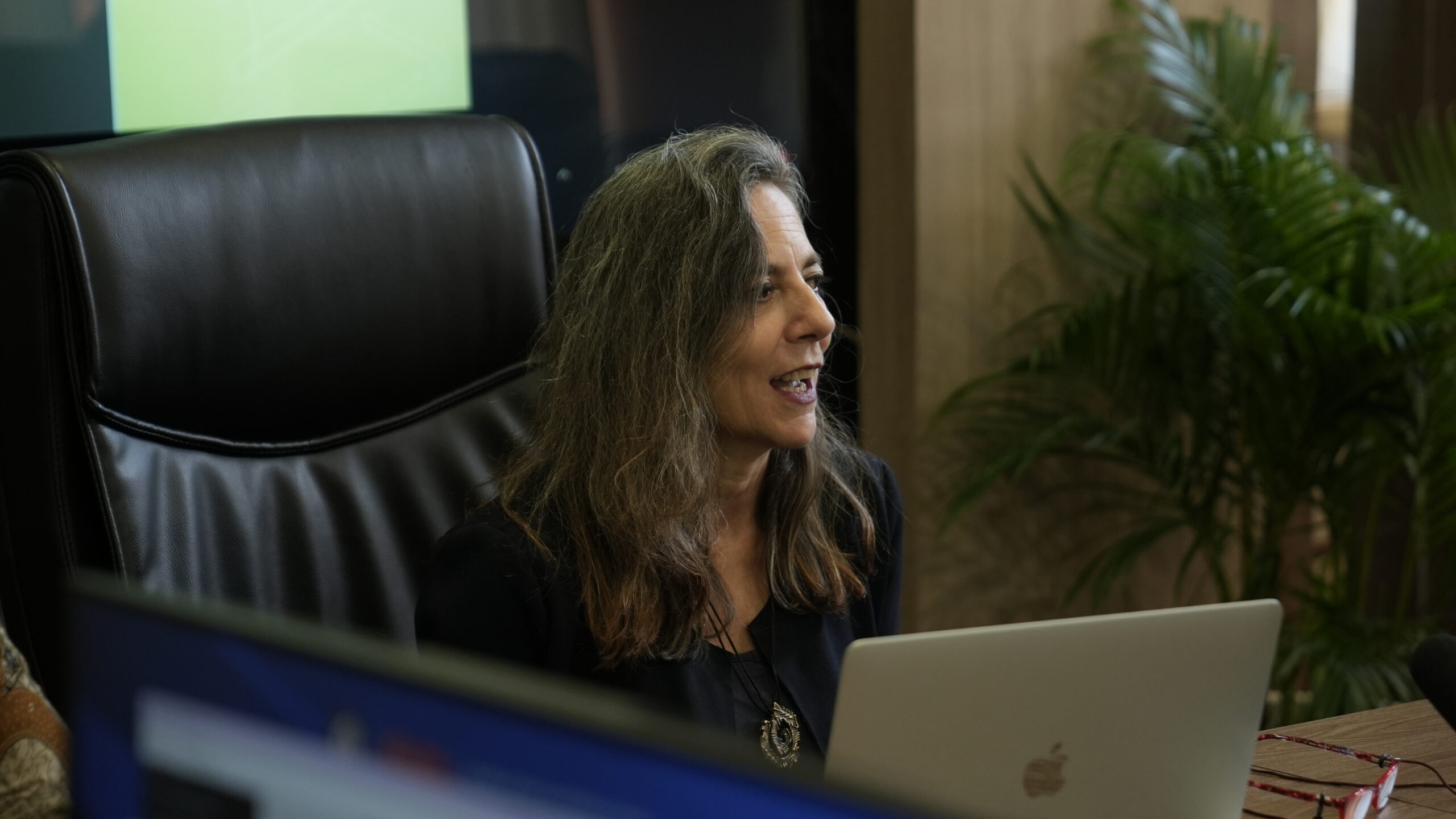
Prof. Antonia Sorienta presented her research findings on minority languages in Kalimantan and Sulawesi.
“In today’s context, the existence of minority languages faces significant challenges due to globalization. The primary cause leading to the endangerment of minority languages is the decreasing number of speakers. If there are no more speakers, the language becomes severed. Moreover, what is closely tied to minorities is a dwindling population, and there are no longer individuals passing it on to their children, as language is a process of transfer from one generation to the next,” she explained.
Prof. Antonia documented original stories from language speakers, aspects of community life, and the traditional methods of boat-making. She added that understanding a language can reveal social issues. Language reflects the profile of social life within a community, as well as the daily communication, both internally and externally. By studying a language, one is also studying the social life of its speakers.
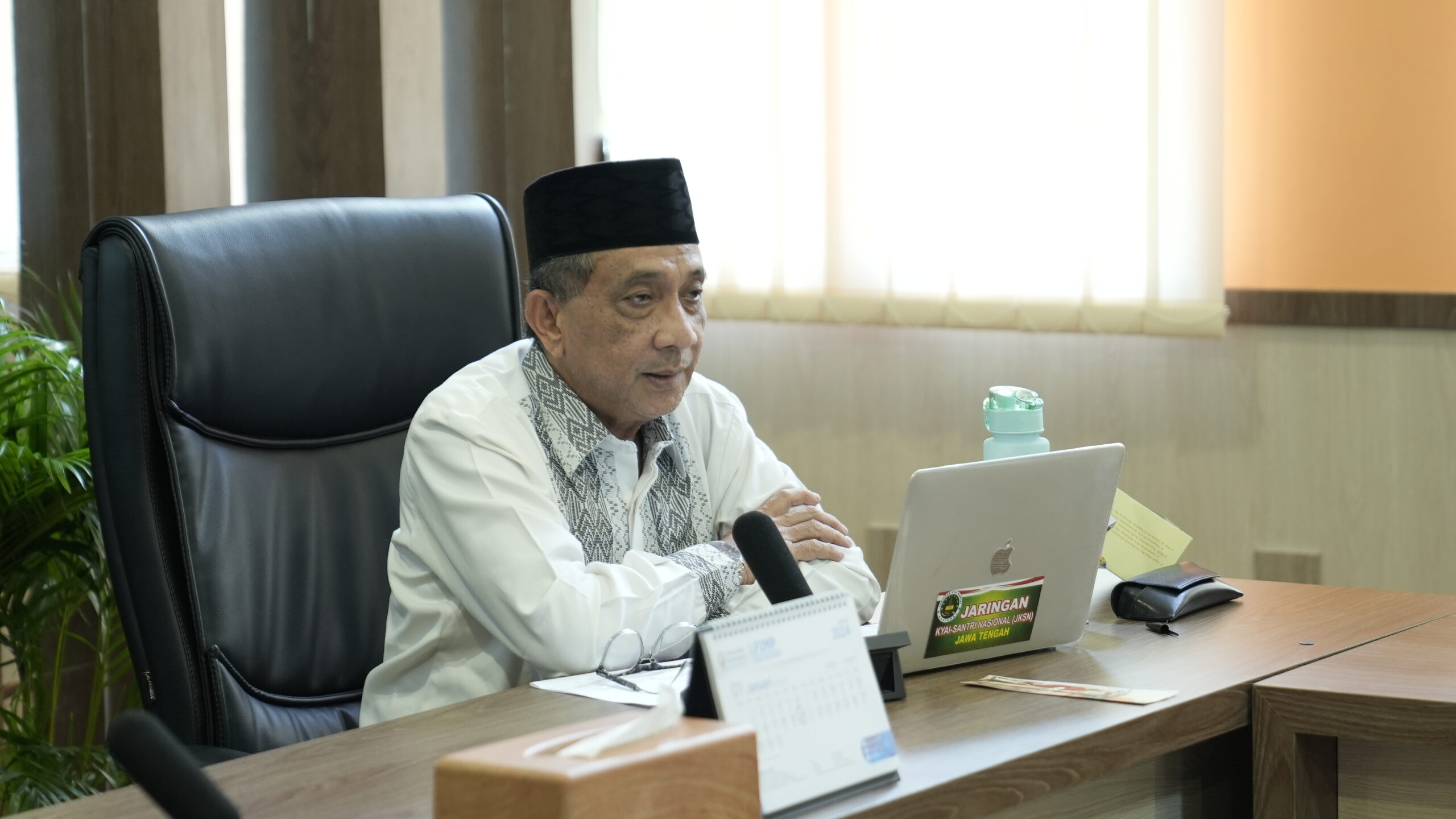
Dr. Muhammad Adnan, a lecturer at the Department of Political and Government Studies and a panellist at the event, stated that the diversity of languages in Indonesia is something that no other country can match.
“Indonesia has a multitude of languages and dialects, making it incredibly rich compared to other nations. Fortunately, we have the Youth Pledge, which gives us a unified language. However, on the flip side, when we have a national language, regional languages become secondary,” he remarked.
“Regional languages in Indonesia are predominantly spoken languages, so if there are no more speakers, it can impact the development of that regional language. For Javanese, I am confident it will not become extinct because, besides its widespread use, it also evolves in various other aspects of life. For example, in Islamic boarding schools, Javanese is used as a communication language. Despite using Arabic script, the content taught is in Javanese. This is commonly known as ‘Arab Pegon,'” said the former Chairman of PWNU Central Java.
Adnan added that Islamic boarding schools play a crucial role in preserving the Javanese language. The kyai (religious teachers) impart Islamic teachings using the Arabic Pegon language. The values taught are retained, and the Javanese language is preserved. “It is not an exaggeration to say that as long as there are Islamic boarding schools, the Javanese language will continue to thrive and exist,” said this Religion and Politics lecturer.
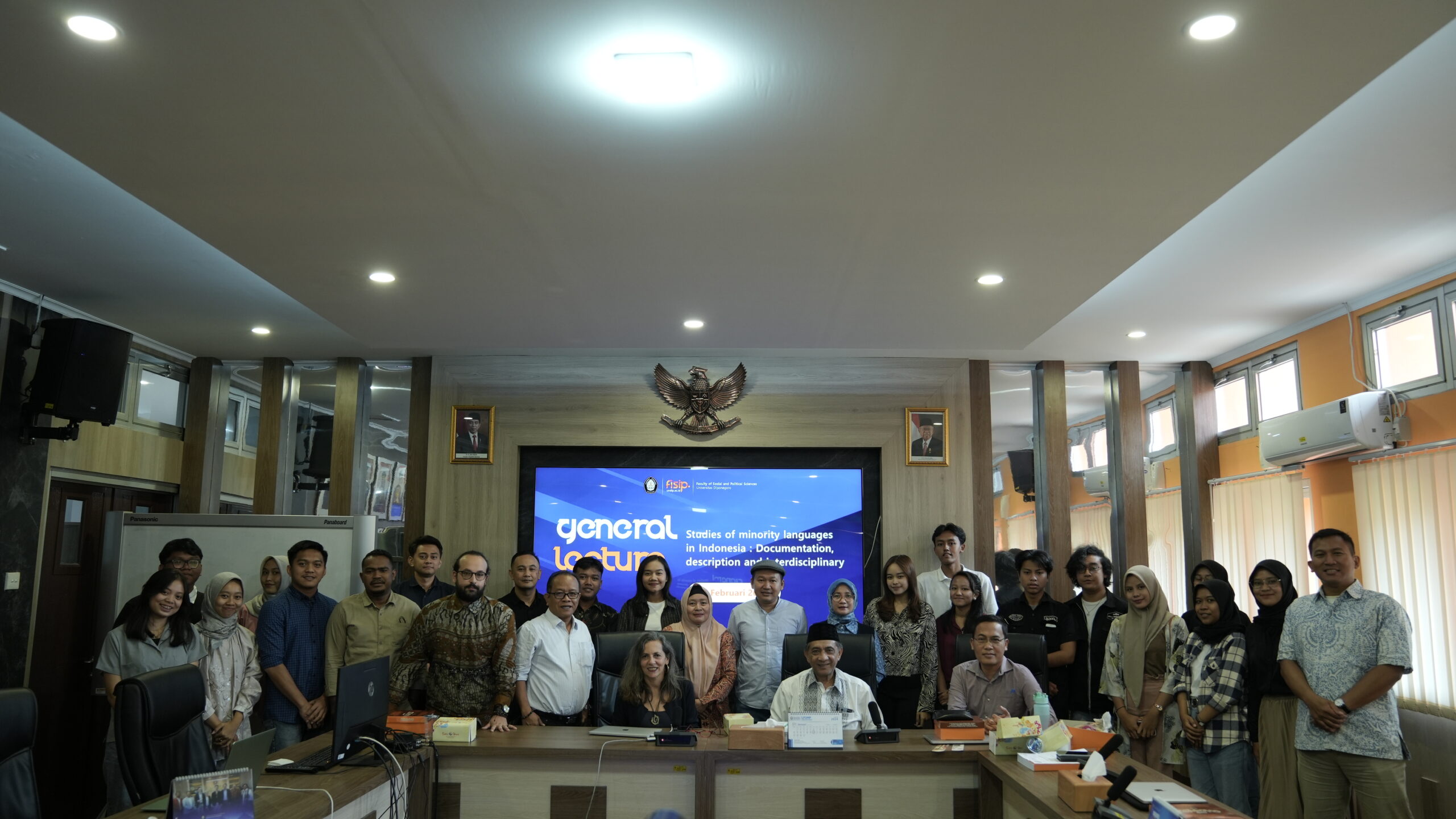
Dr. Nur Hidayat Sardini, Head of the Department of Political and Government Studies, stated that Prof. Soriente was intentionally invited to speak within the academic community of this department to deepen the understanding of the relationship between language and the social environment of the community and its speakers. In political studies, there is also a connection between language and politics known as language politics. We recognized Soriente’s visit to Indonesia, to speak to our community, as we often have international speakers in the Department.
“In addition to being part of the department’s commitment, it is also in line with achieving Undip’s Performance Index or IKU. This is to further enhance the understanding of language politics among lecturers and students,” he concluded [RK, NHS].

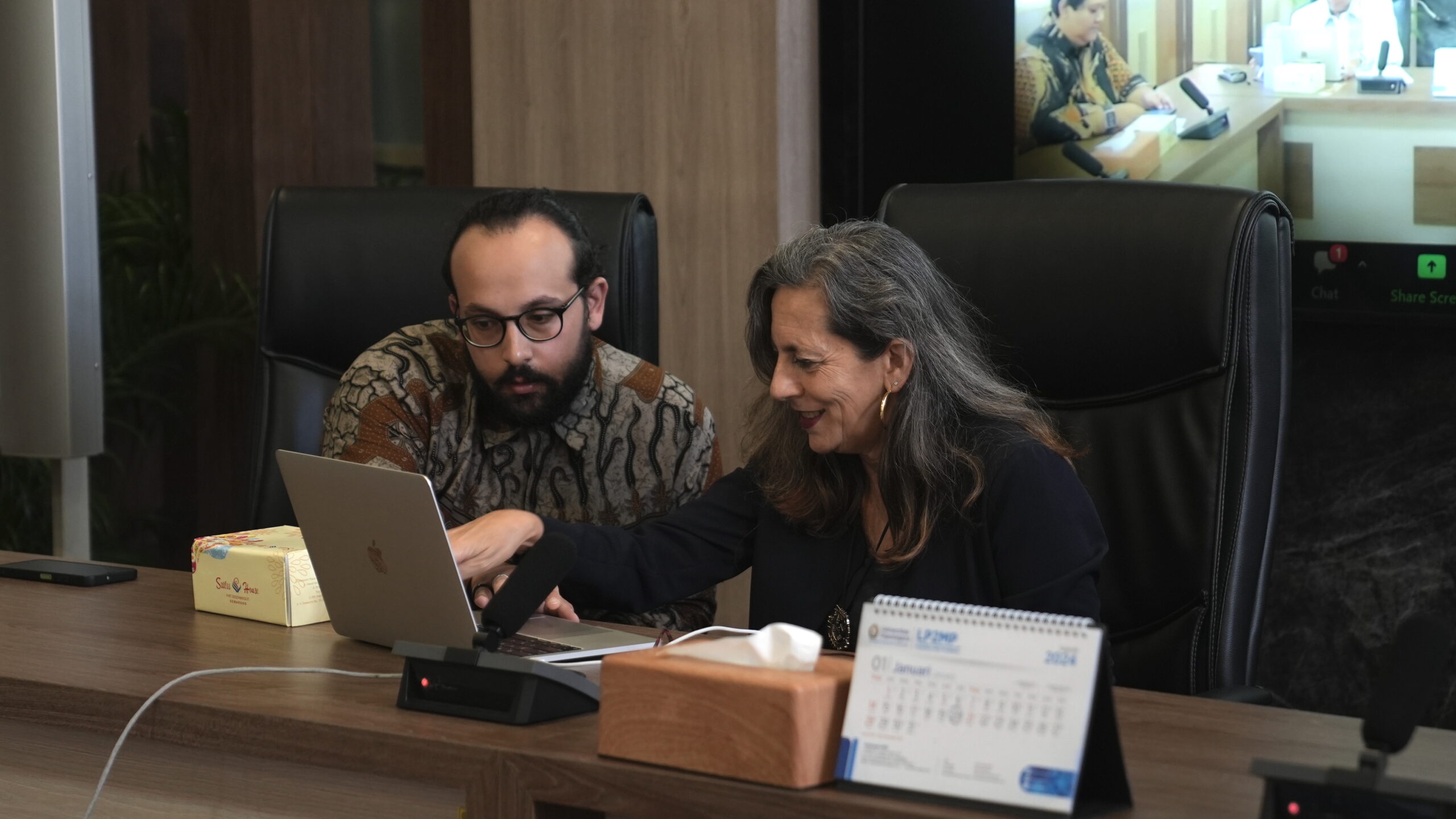
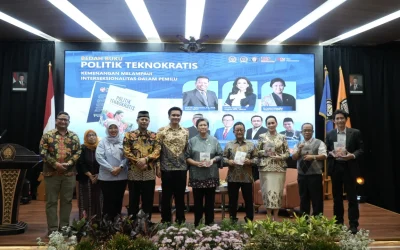

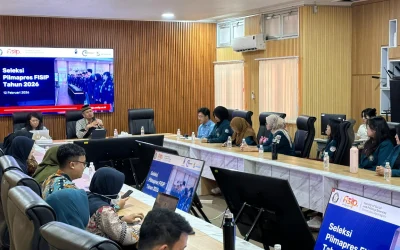
0 Comments